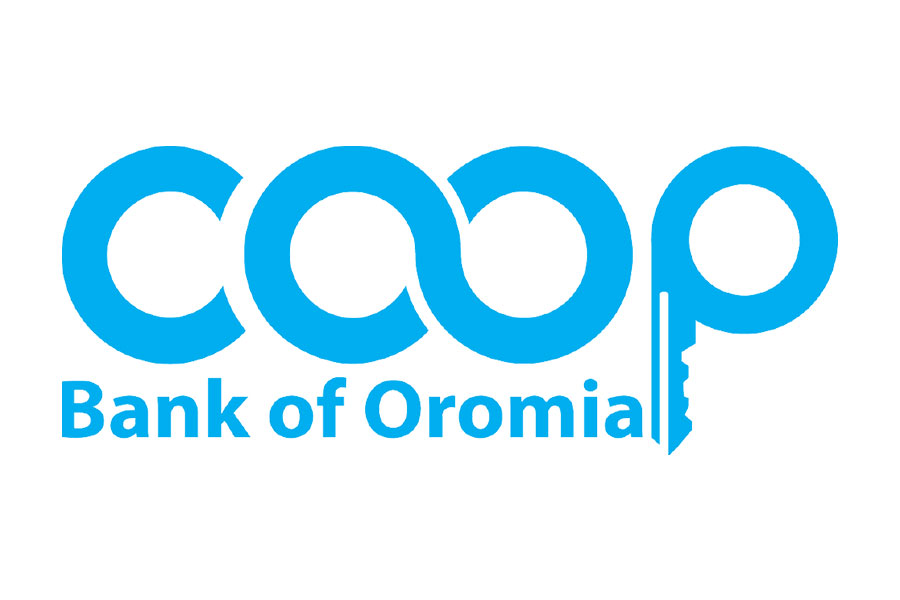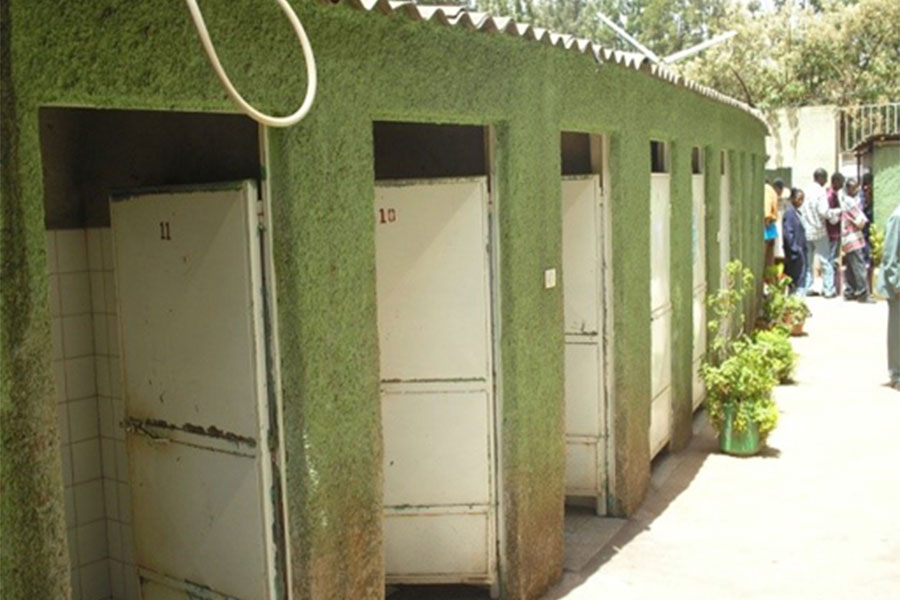
Covid-19 | May 23,2020
Aug 3 , 2019
By Abdulmenan M. Hamza
Inflated home prices, high-interest rates, plus short mortgage repayment periods should be concerning to the banks, borrowers and regulators, writes Abdulmenan Mohammed, a doctoral student at Edinburgh Business School and a Chartered Certified Accountant with more than 19 years of experience in audit, consulting and accounting in Ethiopia and the UK.
The desperation to earn more foreign currency has driven banks into uncharted waters of mortgage lending. As a result, several non-governmental organisations (NGOs) are making housing loan arrangements with banks for their employees. The Commercial Bank of Ethiopia (CBE) launched a housing loan scheme for the Ethiopian diaspora at discounted interest rates if they pay their deposits and loans in foreign currencies. A new bank that will exclusively provide housing loans is also under formation.
Mortgage banking is not new for Ethiopia. During the Imperial Era, there were two housing loan institutions, later merged into the Housing and Saving Bank (HSB) in 1975. The HSB was restructured in 1994 to operate as Construction and Business Bank (CBB). Due to the government’s neglect and poor performance, the fate of CBB was to be swallowed up by the CBE.
Over the past decade, commercial banks have been mainly providing housing loans to their employees at preferential terms as a method of retaining them. The CBE has been the financer of the capital’s and regional governments’ low-cost housing scheme, and the winners of the various low-cost housing schemes have been able to secure loans from the CBE.
What is different in recent years is, Ethiopian banks are getting into new areas of lending at a time when there is no properly functioning property market, the housing shortage is acute, the prices of houses are severely distorted, and an appropriate regulatory framework is not in place.
The prices of houses, particularly in the capital, are already bloated due to soaring construction costs, shortage of land supply, and disastrous failure of the government’s low-cost housing policy. As a result, owning a house has become a pipe dream for most Ethiopians.
One measure of housing affordability is the house price to income ratio. That is calculated by, price per square meter divided by GDP per capita and multiplied by one hundred. With a GDP per capita (2015) of 1,359 dollars, twice the national median, the low-cost house price to income ratio of the capital would be more than ten. If we apply the average market price of a house, the ratio would be several fold more. The other indicator, the rental yield (annual rent to price ratio) of the capital, is below the minimum savings rate as the price of properties are going up faster than rental growth. Both ratios show that not only the prices of houses are distorted but also owning a house is highly unaffordable in Addis compared with most other cities in developed countries.
The various government schemes have made owning a house affordable as lands are availed free, cheaper materials are used for construction, and the interest rate is lower. Disappointingly, the schemes have proven that the government is ineffective in supplying adequate houses. Out of the one million house seekers who have registered for various housing schemes six years ago, only a tiny fraction of them have been able to obtain houses in the recent raffle. Many house seekers have been pushed to look for other means to have roofs over their heads.
In the face of substantial financial commitments, many house seekers have knocked on the doors of the banks that are willing to provide mortgages. The main targets of the banks are the high earners who are working for international NGOs and the diaspora community.
What should be of concern for the banks, borrowers and the regulator of the banking industry is the prices of houses are exaggerated, and the interest rates are high.
The lowest interest rate is twice the mortgage interest rate available in Europe and America. Inflated housing prices coupled with a high-interest rate burden the borrower with a big financial shackle in that the repayment of a reasonably priced house would take a big chunk of the borrower’s income. The shorter the mortgage repayment period is, the more severe the financial burden on the borrower. The loans are given at a lower interest rate as a sweetener to bring in more foreign currency. The discounted interest rate will resort to the market interest rate if the borrower leaves the organisation that signed a memorandum of understanding with the bank. A few percentage point increases in interest rates could put an enormous financial strain on the borrower. In the case of job loss, the burden could be devastating.
A city with a minimal supply of housing by the private sector, providing a large number of housing loans could drive the prices of properties up. And loans that are secured against inflated home prices would expose banks to more credit risk.
Mortgage banking should grow in line with the housing industry. Creating a vibrant housing industry requires removing the bottlenecks that have crippled the housing supply. By engaging the private sector in low-cost house building, the supply of more houses could be assured. Increased housing supply will drive the prices of houses down. This creates the opportunity for the mortgage and related industries to thrive.
In the current housing market situation, the banks and the regulator should be cautious when dealing with housing loans. Mortgage loans have their own distinctive characteristics. They differ from commercial lending. The type of borrowers, the risks they entail, the sources and structure of funding are different from commercial banking. Apart from the macroeconomic situation, repayment of housing loans depends on the size of the loan, the income of the borrower and the value of the property against which the loan is secured.
Housing loans require long-term funding sources. The current financing structure of banks’ operations is mainly short-term deposits that may be withdrawn at whim. The banks need to tailor their funding methods for financing long-term housing loans. They should also develop their expertise in assessing and monitoring borrowers.
As the nature of mortgage lending is different from commercial loans, the NBE needs to consider setting the rules that deal with financing sources, capital requirements, deposits, doubtful loans, valuation of property and periodic reporting.
PUBLISHED ON
Aug 03,2019 [ VOL
20 , NO
1005]


Covid-19 | May 23,2020

Featured | Jun 15,2025

Commentaries | Sep 24,2022

Radar | Dec 01,2024

Fortune News | Nov 30,2019

Radar | Jul 08,2023

Commentaries | Sep 27,2020

Fortune News | Jun 29,2025

Radar | Jan 15,2022

View From Arada | Sep 30,2023

My Opinion | 132272 Views | Aug 14,2021

My Opinion | 128692 Views | Aug 21,2021

My Opinion | 126600 Views | Sep 10,2021

My Opinion | 124206 Views | Aug 07,2021





Dec 22 , 2024 . By TIZITA SHEWAFERAW
Charged with transforming colossal state-owned enterprises into modern and competitiv...

Aug 18 , 2024 . By AKSAH ITALO
Although predictable Yonas Zerihun's job in the ride-hailing service is not immune to...

Jul 28 , 2024 . By TIZITA SHEWAFERAW
Unhabitual, perhaps too many, Samuel Gebreyohannes, 38, used to occasionally enjoy a couple of beers at breakfast. However, he recently swit...

Jul 13 , 2024 . By AKSAH ITALO
Investors who rely on tractors, trucks, and field vehicles for commuting, transporting commodities, and f...

Jul 12 , 2025
Political leaders and their policy advisors often promise great leaps forward, yet th...

Jul 5 , 2025
Six years ago, Ethiopia was the darling of international liberal commentators. A year...

Jun 28 , 2025
Meseret Damtie, the assertive auditor general, has never been shy about naming names...

Jun 21 , 2025
A well-worn adage says, “Budget is not destiny, but it is direction.” Examining t...

Jul 13 , 2025 . By YITBAREK GETACHEW
The Addis Abeba City Revenue Bureau has introduced a new directive set to reshape how...

Jul 13 , 2025 . By BEZAWIT HULUAGER
Addis Abeba has approved a record 350 billion Br budget for the 2025/26 fiscal year,...

Jul 13 , 2025 . By RUTH BERHANU
The Addis Abeba Revenue Bureau has scrapped a value-added tax (VAT) on unprocessed ve...

Jul 13 , 2025 . By NAHOM AYELE
Federal lawmakers have finally brought closure to a protracted and contentious tax de...